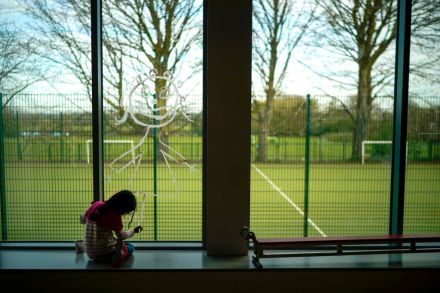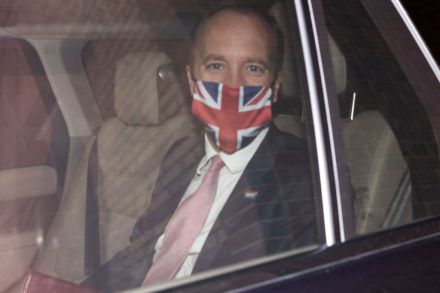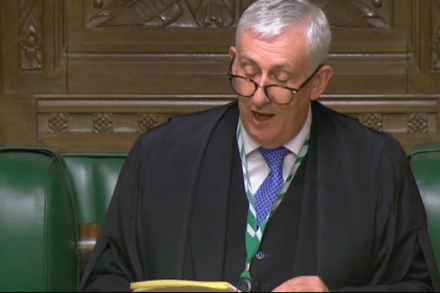The art of Dolly Parton’s bra
New York I hope this is my last week in the Bagel. I plan to fly first to Switzerland and then on to London. There’s the annual Pugs Club lunch I cannot afford to miss, but now that Boris is married I don’t suppose he gives a damn about the poor little Greek boy and his club lunches. Incidentally, the little bird has answered my last week’s query about The Spectator bash: the sainted editor is waiting to hear what, yes you guessed it, the new bridegroom premier will allow this summer. Boris doesn’t seem to be able to make up his mind whether the magazine he headed for close




















